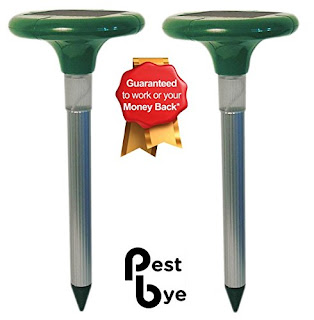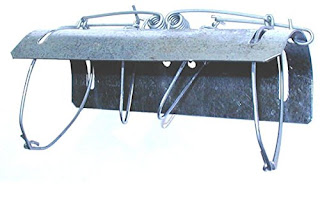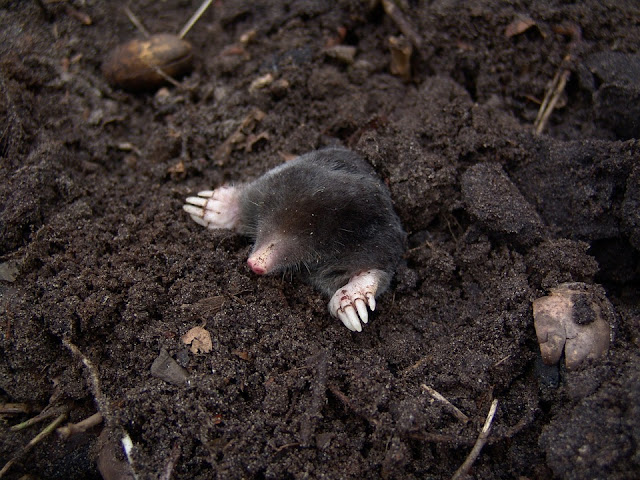Molehills on the Lawn
Having just cut your freshly grown lawn, there is nothing more annoying than coming out the
following morning to find a mole has left crumbly mounds of soil on your carefully tended grass. Although it may look like you have had an invasion of dozens of the little (and some might say cute) furry critters at work on your lawn. Most often it can be the work of only one or two moles, even though there may be multiple heaps of soil on your lawn. They are very efficient at tunneling given their shovel like front claws, and can quickly excavate a large amount of soil . As you walk over a lawn where a mole has been working it feels spongey under foot where their tunnels are.
All About Moles
Moles are not nocturnal and will dig every few hours day and night. They tend to live solitary lives and are rarely seen above ground. They are very territorial, getting quite aggressive when defending their underground tunnel network from other moles. But while they are reluctant to share their tunnels, inevitably burrows do sometimes cross over and are jointly occupied but only as travelling routes. There are different levels of tunnels the deeper ones are living quarters and where they raise their young. The shallow ones are usually the feeding tunnels the network of which can travel many metres.
Moles are not blind but it's their amazing sense of smell they use to find their prey and get around. Moles favourite food are earthworms but they will also eat a wide variety of invertebrates including beetle and leatherjacket larvae. The are exclusively carnivorous and although they may undermine the root systems of plants they are unlikely to eat any shoots. Mole activity in a flower border nonetheless is very undesirable as all that rummaging around below the surface can seriously affect plant growth.
Mole control Products
There are a number of ultra sonic mole repellers on the market. A clean 'hands free' way to deter moles.
Mole repellant scatter granules contain caster oil which penetrates deep into the tunnels and taints the moles food sources. Without harming the moles it makes them move away to untreated areas. The manufacturers say it is totally harmless to pets and children.
Mole Traps
Traps are best placed in a feeding tunnel which runs from/to a molehill. Cut the lawn turf open to expose a section of the tunnel and place the trap in the tunnel making sure that there is no loose soil obscuring the entrance to the trap. Recover the trap with turf so there is no possibility of any sunlight or difference in air current in the tunnel. Then wait. It may take a day or two for the mole to spring the trap but they MUST be checked daily.
There are several different types of trap on the market. Lets start with a humane one which captures the mole alive so it can be released away from your garden.
If you have a large infestation it may be necessary to use traps that humanely dispatch the mole. There are two basic types. The scissor claw trap. Placed in the tunnel running to/from the molehill the unwary mole is caught in a scissor action as it moves through the trap.
The other type is the tunnel type trap and as the name suggests sits in the tunnel running to/from the mole hill. Which ever type you decide to use make sure the entrance is clear of soil and covered so that no daylight enters the trapping area.
If you don't manage to catch your mole yourself, and it can be quite tricky, then there are many professional mole catchers here in the Britain. A look in your local paper is all that is usually needed to find one.
General discussion and your views are welcome please say hello. I regret however because of my busy schedule, I am unable to answer many questions. Sneaky advertising will be deleted sorry. Thanks so much for visiting my blog today.











No comments:
Post a Comment